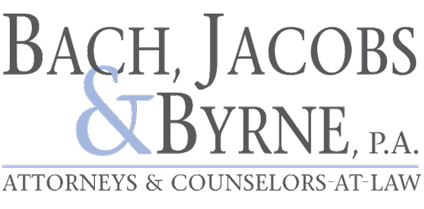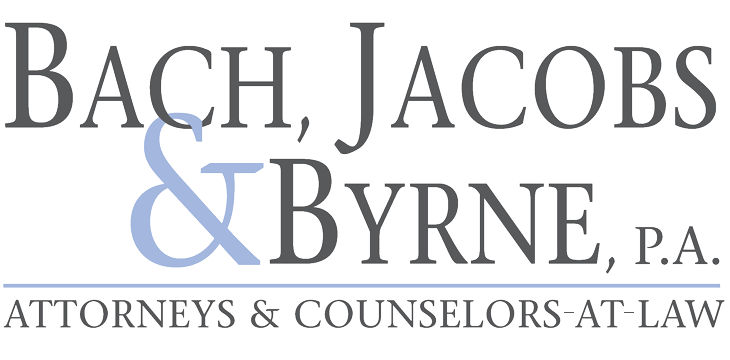How can I avoid a Florida probate?
Certain assets by their very nature can avoid probate. Probate is not necessary to transfer certain jointly owned non-probate assets because these assets pass by operation of law. In Florida, joint ownership is available through “joint tenancy,” which works well when couples acquire real estate, vehicles, bank accounts, or other valuable property together. Additionally, “tenancy by the entirety” is available for married couples in Florida. These provide for a “right of ownership,” transferring the ownership to the surviving joint owner.
Bank accounts can be transferred without going through probate if the account is designated as “payable-on-death.” Your beneficiary has no right to this asset while you are alive as you still own and control it.
Stocks and bonds can be designated as “transfer-on-death” (also called beneficiary) form. The beneficiary named will inherit this type of account automatically at your death. Again, it is important to check this designation as assets change over time as do intended heirs.
Similar to “payable-on-death” and “transfer-on-death” accounts, “Individual Retirement Accounts” (IRAs) are distributed based on beneficiary designations upon the account-holder’s death. You should consult with a Board Certified Tax Lawyer to learn about the options available for transferring IRAs and the relevant tax implications.
As long as a life insurance policy is payable to an individual or entity other than the policy owner, life insurance policy death benefit proceeds are transferred directly to their beneficiaries.
In Florida, you can make a “revocable living trust” to manage assets during your incapacity and then to avoid probate. Trusts can be used for all assets you own including real estate, bank accounts, vehicles, IRAs, etc. A trust document names someone to take over as trustee after your incapacity or death (called a successor trustee) so that they can transfer the property controlled by the terms of the trust to the trust beneficiaries without probate court proceedings after your death. You may amend or revoke your living trust so long as you have the capacity to do so.
Trusts are always recommended to avoid ancillary probate for out-of-state real and tangible personal property owned. The standard probate avoidance techniques – revocable trusts, joint with right of survivorship ownership, life estates – will work to avoid ancillary probate as well. Steps taken with respect to real property should also include related tangible personal property, or probate may be avoided for the real property, but still required for the tangibles.
To consult with Board Certified Tax Attorney Fredric Jacobs, Esq. and an experienced estate planning attorney, contact our office at (941) 906-1231.



